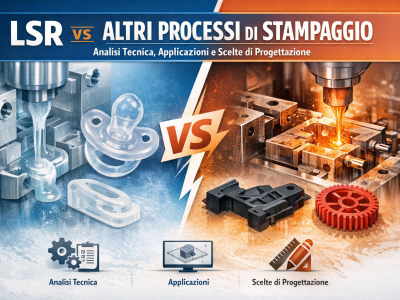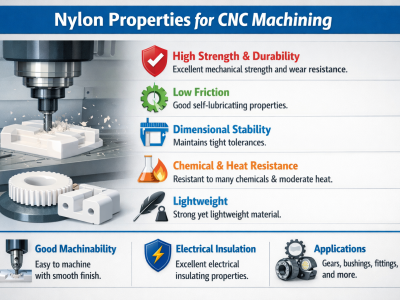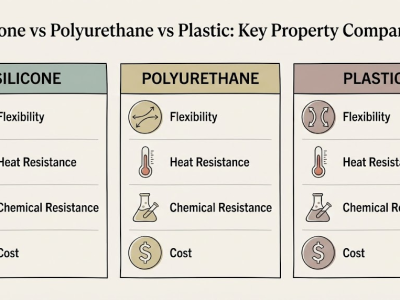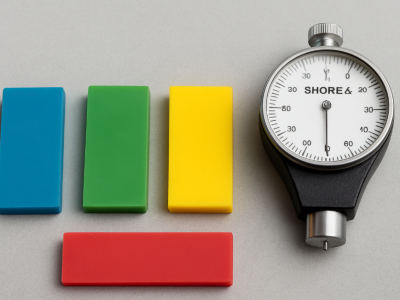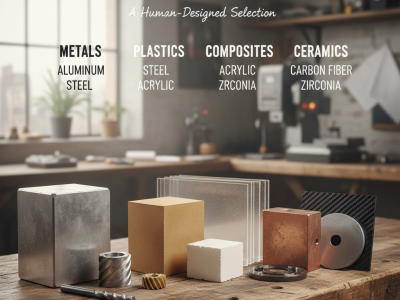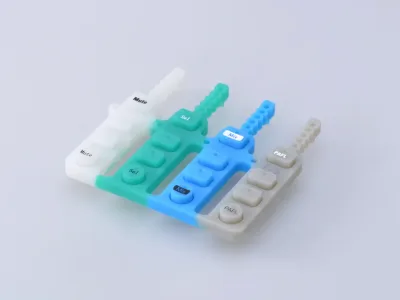
You might wonder, is bronze magnetic? Generally, bronze, along with brass and copper, is not magnetic. These metals don’t exhibit a strong pull or push on magnets. However, certain bronze alloys containing iron can be slightly magnetic. Similarly, metals like aluminum, titanium, and brass are also not magnetic.
Key Takeaways
Bronze, brass, and copper are not magnetic. This makes them great for tools and art.
Some bronze and brass alloys may be slightly magnetic. This happens if they have iron or nickel, but it is uncommon.
Knowing what these metals are made of helps pick the right one. This is important for marine and industrial work.
Magnetic Properties of Copper
Why Copper Is Non-Magnetic
Copper is known as a non-magnetic metal. This is because of how its electrons are arranged. In copper, all the 3d and 4s orbitals have paired electrons. These pairs cancel out each other's magnetic effects. This leaves no unpaired electrons to create magnetism.
If you put copper near a magnet, it won’t stick or push away. Instead, copper shows a weak reaction called diamagnetism. This means it is slightly pushed away by magnetic fields. When a magnetic field is near, copper’s paired electrons make tiny opposing magnetic fields. This is why copper is non-magnetic under normal conditions.
Scientists have studied copper’s structure to confirm this. Its electron setup means it has no overall magnetic pull. This is different from metals like iron or nickel, which are strongly magnetic. Copper’s non-magnetic nature makes it great for things like electrical wires and plumbing.
When Copper Might Show Weak Magnetism
Copper is usually not magnetic, but in rare cases, it can show weak magnetism. These situations need special conditions to happen.
Copper can have weak magnetic interactions in controlled settings.
Some copper compounds may react slightly to weak magnetic fields.
Magnetic effects can increase in a field, then quickly drop. This shows a change from weak magnetism to none.
These effects don’t happen in pure copper normally. They might appear in labs or when copper is mixed with other metals. Adding small amounts of magnetic elements to copper can slightly change its magnetic behavior. But these changes are tiny and don’t affect how copper is used every day.
Is Bronze Magnetic? Understanding Its Properties
How Bronze Differs from Copper and Brass
Bronze, copper, and brass are all metals but not the same. Bronze is an alloy, meaning it’s made by mixing metals. It mainly contains copper mixed with tin. Other metals like aluminum or zinc can also be added. These extra metals make bronze stronger or resist rust better.
Copper is a pure metal. It is soft, conducts electricity well, and isn’t magnetic. Brass is another alloy made from copper and zinc. Both brass and bronze have copper, but their other metals differ. This difference changes their magnetic properties and how they work in different places.
Bronze is special because it’s strong and doesn’t rust easily. It’s used to make sculptures, tools, and machine parts. Unlike brass, which looks shiny and gold-like, bronze is darker and reddish-brown. These features make bronze useful and valuable.
Factors That Influence Bronze's Magnetic Behavior
Is bronze magnetic? It depends on what it’s made of. Pure bronze and most bronze alloys are not magnetic. Copper and tin, its main parts, don’t have unpaired electrons to cause magnetism. But some bronze alloys can be slightly magnetic.
If a bronze alloy has iron or nickel, it might show weak magnetism. These types of bronze are rare and used in special industries.
Outside conditions can also affect bronze’s magnetism. High heat or strong magnetic fields can change its behavior temporarily. For example, during bronze casting, extreme heat is used. This doesn’t make bronze magnetic but can slightly change its structure.
Non-magnetic bronze alloys are more common and useful. They are chosen when magnetism could cause problems. For example, bronze is great for ship propellers and underwater tools. It resists rust and doesn’t react to magnets, making it perfect for marine use.
Magnetic Properties of Brass
What Is Brass Made Of and How It Affects Magnetism
Brass is an alloy made from copper and zinc. Both metals are not magnetic. But, the mix of metals in brass can change its magnetism.
Adding small amounts of iron or nickel can make brass slightly magnetic.
Tiny impurities can give brass weak magnetic properties.
Temperature changes can also affect brass. Cold temperatures may cause weak magnetism, while heat stops electron alignment.
The magnetism of brass depends on what it’s made of. For example, brass used for decorations or instruments is usually not magnetic. But industrial brass may have elements that slightly change its magnetism.
Can Brass Become Magnetic Sometimes?
Brass is mostly not magnetic, but certain conditions can make it weakly magnetic. Studies show that outside factors can change brass:
Factor | Effect on Magnetism |
|---|---|
Temperature | Cold temperatures may cause weak magnetism; heat stops electron alignment. |
Mechanical Processing | Processes like annealing or cold working can add slight magnetic effects. |
External Magnetic Fields | Strong magnetic fields can temporarily magnetize brass, but it fades quickly. |
Impurities | Adding iron or nickel can give brass weak magnetic properties. |
These effects are seen in special brass alloys or controlled settings. For example, strong magnetic fields can align brass electrons briefly, causing weak magnetism. But this disappears when the field is gone.
Brass is still useful because it’s mostly non-magnetic. It’s great for things like electrical parts or tools where magnetism could cause problems.
Factors That Affect Magnetism in Metals
How Alloy Composition Matters
The mix of metals in alloys affects their magnetism. When copper is mixed with other elements, its properties change. For example, bronze, made of copper and tin, is usually not magnetic. But adding iron or nickel can make it slightly magnetic.
Scientists study how certain elements change magnetism. One study found that manganese, iron, and chromium affect magnetic strength in steel. Another study showed some steel alloys have natural magnetism, linking it to their structure.
Data also shows how processes like heating can change magnetism. Researchers heated FeCoMn alloys to 400°C and saw changes in magnetism. This proves that the mix of metals in an alloy affects its magnetic behavior.
Bronze alloys are special because they can be made for specific jobs. Non-magnetic bronze is great for ships, while bronze with iron works in special industries. Knowing what metals are in an alloy helps pick the right one for a task.
How Temperature and Magnetic Fields Change Metals
Outside conditions like heat and magnetic fields can change metal magnetism. Bronze alloys usually resist magnetism, but extreme conditions can cause temporary changes.
Heat is important. Studies show temperature changes can magnetize metals like gold when near magnetic materials. Other studies found heat can disrupt balance, changing magnetic properties.
Magnetic fields also affect metals. Research on alloy carbides shows strong fields change some carbides more than others. Heat also affects these carbides differently, depending on their type.
For bronze alloys, high heat during casting or strong magnetic fields can cause small, temporary changes. But these changes go away when conditions return to normal. This makes bronze alloys dependable for things like underwater tools or statues.
By learning how heat and magnetic fields affect metals, you can predict how they will act in different situations.
Copper, brass, and bronze have similar magnetic traits. They are mostly non-magnetic metals. But, certain mixes or conditions can cause weak magnetism. For instance, bronze with iron or nickel might show slight magnetism. Knowing what’s in bronze alloys helps pick the right material.
Keep in mind, bronze alloys are strong and useful. Their non-magnetic quality makes them perfect for marine tools and art.
FAQ
Is bronze magnetic in everyday use?
Bronze is not magnetic in normal situations. It is made of copper and tin, which don’t have unpaired electrons. This makes bronze great for non-magnetic uses like statues and underwater tools.
Can brass become magnetic over time?
Brass stays non-magnetic unless extreme conditions happen. If iron or nickel is added during its making, it might show weak magnetism. But this doesn’t happen naturally as time passes.
Why does copper resist magnetism?
Copper’s electrons are paired, canceling out magnetic effects. These pairs create tiny opposing fields, making copper slightly push away from magnets. This is why copper isn’t used for magnetic things like motors.

Start your project with LKprototype
LKprototype company simplifies procurement for custom manufacturing, Suitable for making your products or prototypes with a variety of materials, such as metal or plastic, silicone rubber, from 3D Printing to CNC Machined Parts and Vacuum Casting , with a focus on speed and efficiency. Our platform provides instant quotes. With LKprototype, You can connect with the team to communicate your project to ensure quality and on-time delivery.
Start with an instant quote and experience how our technology and expertise can make custom part procurement faster and easier.
 LKprototype
LKprototype

